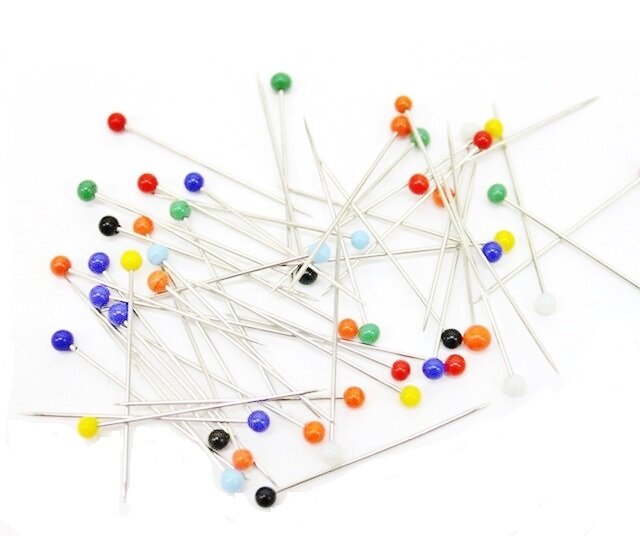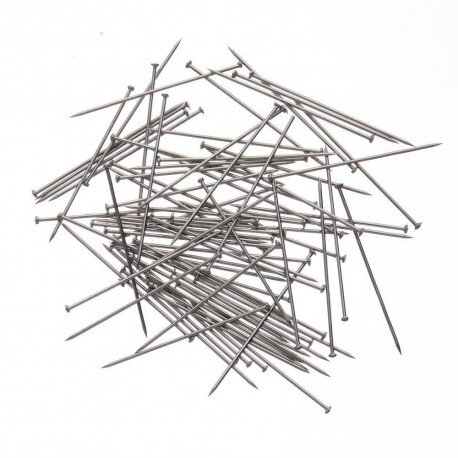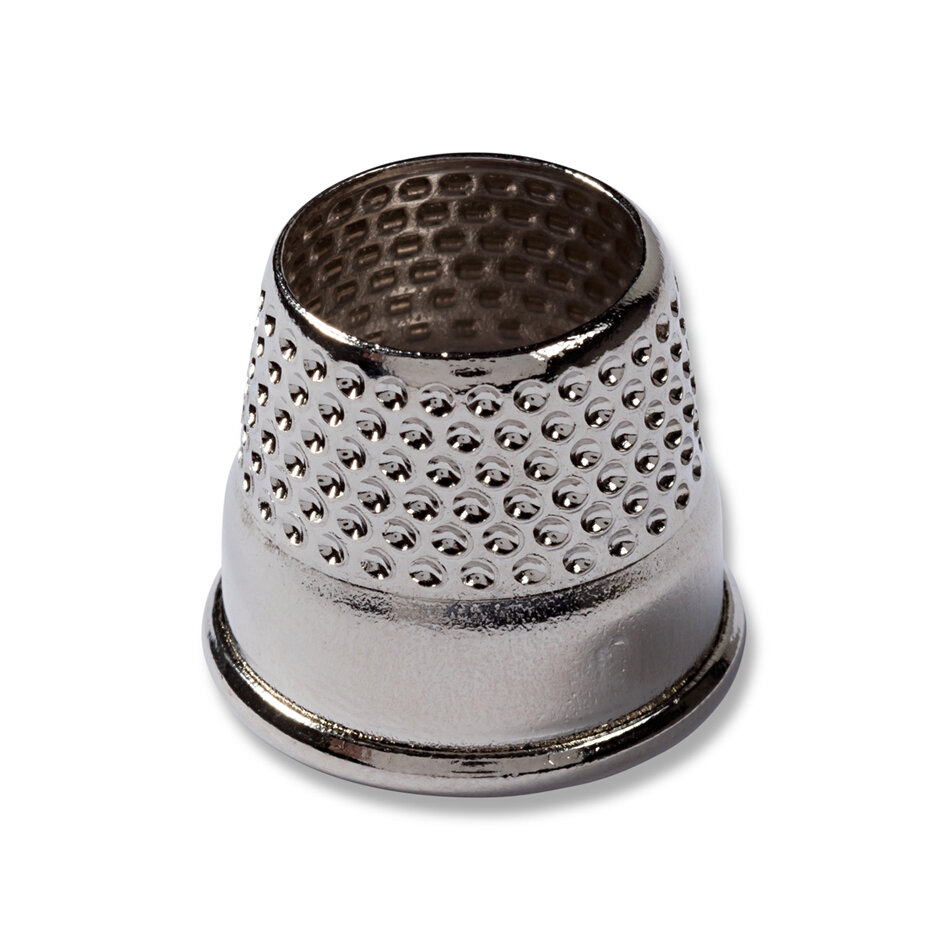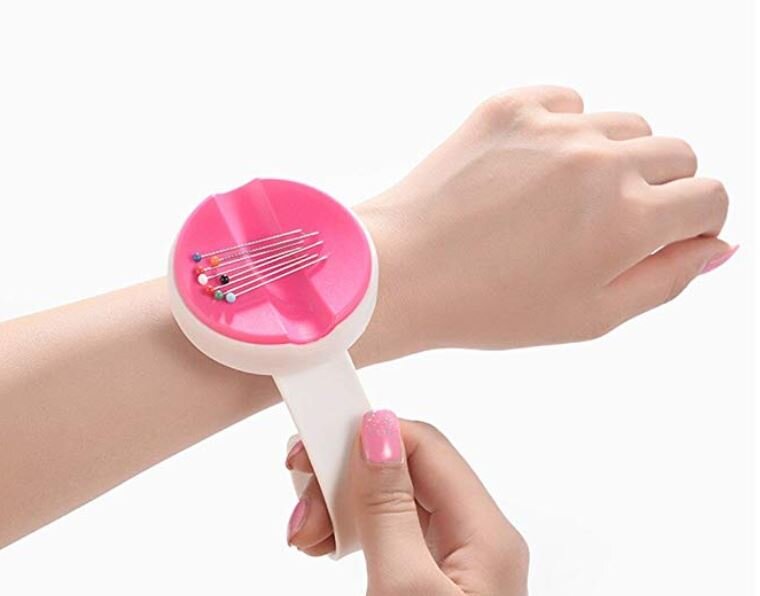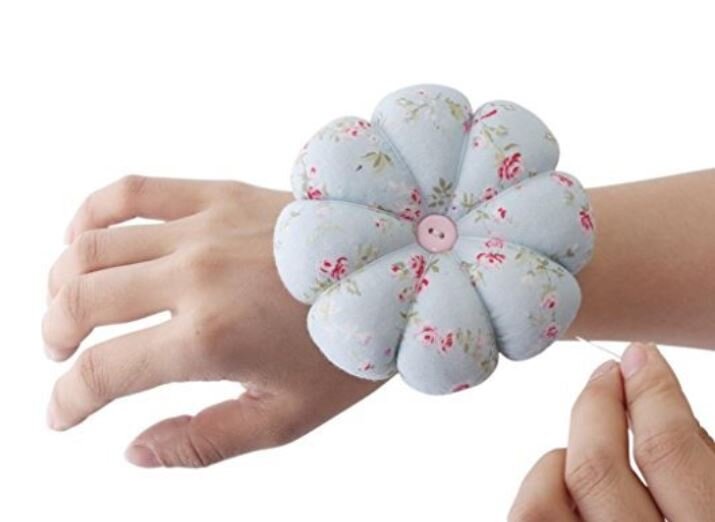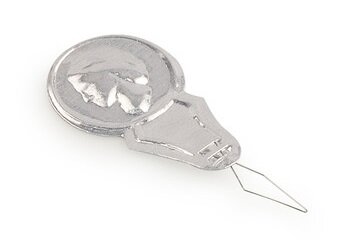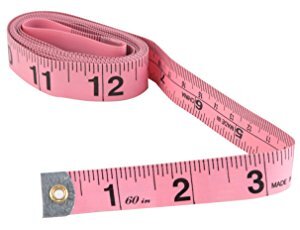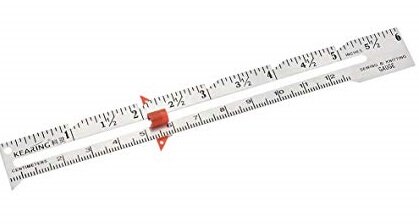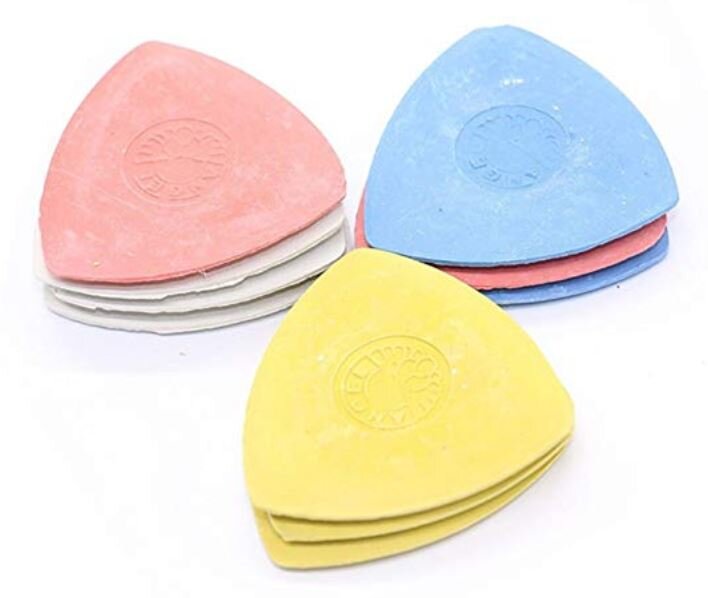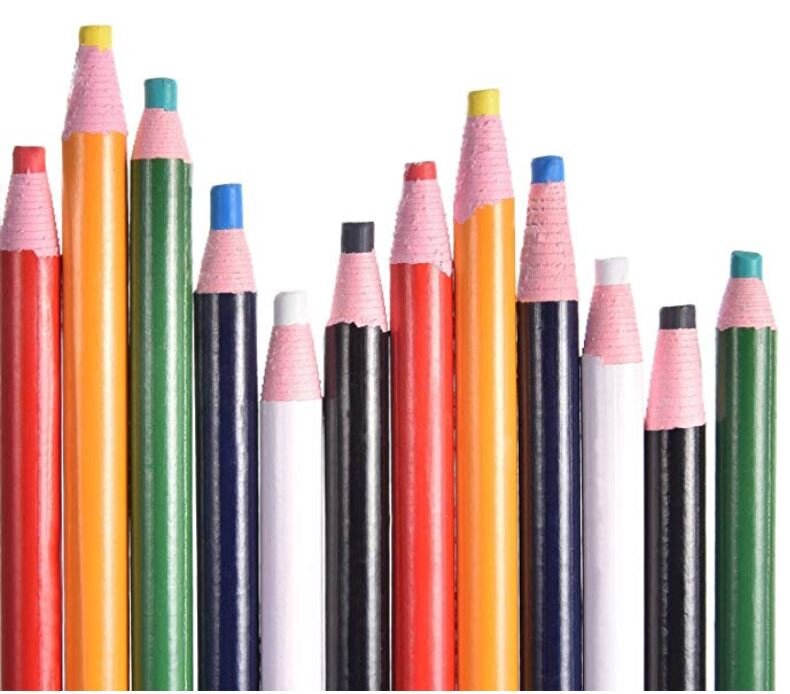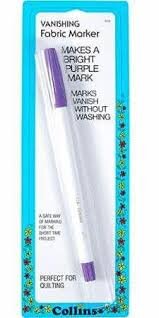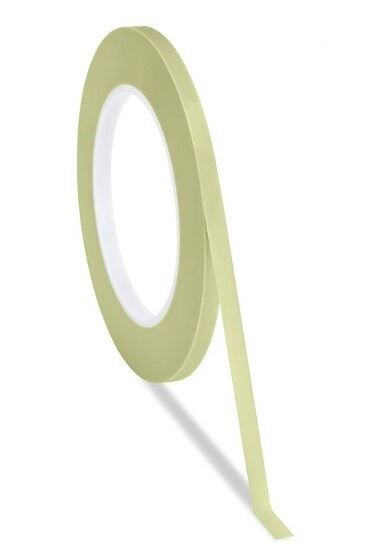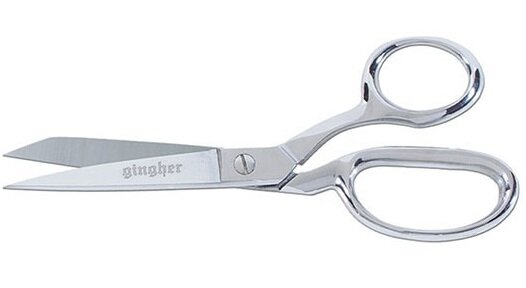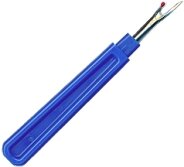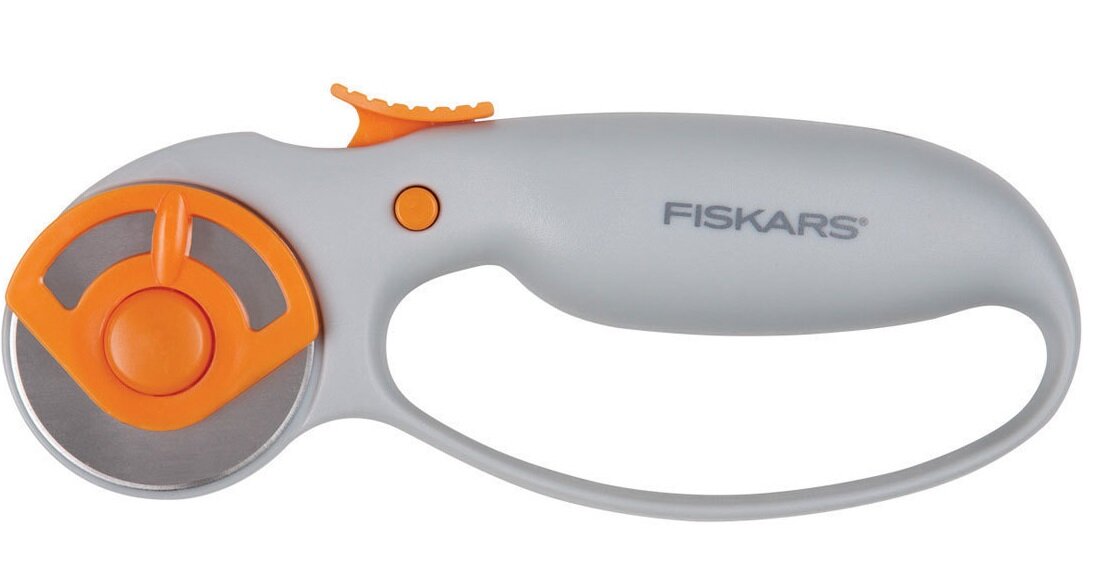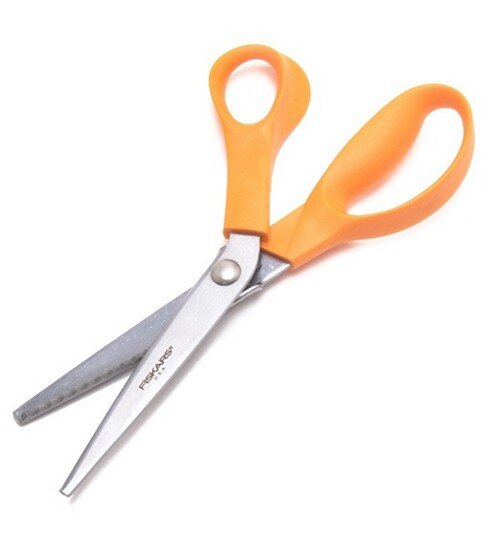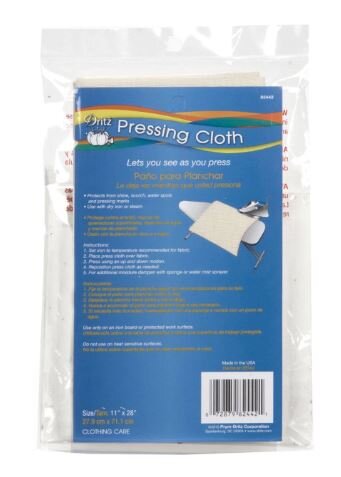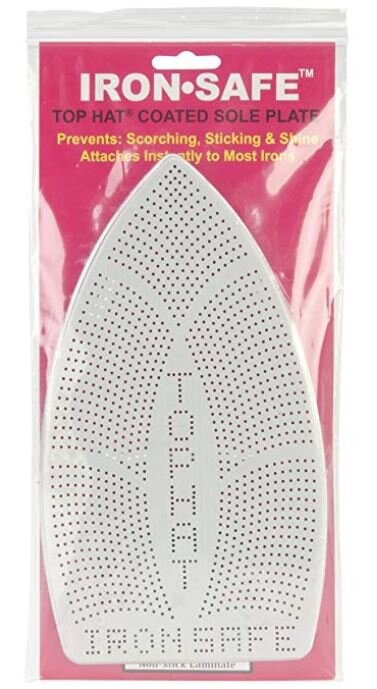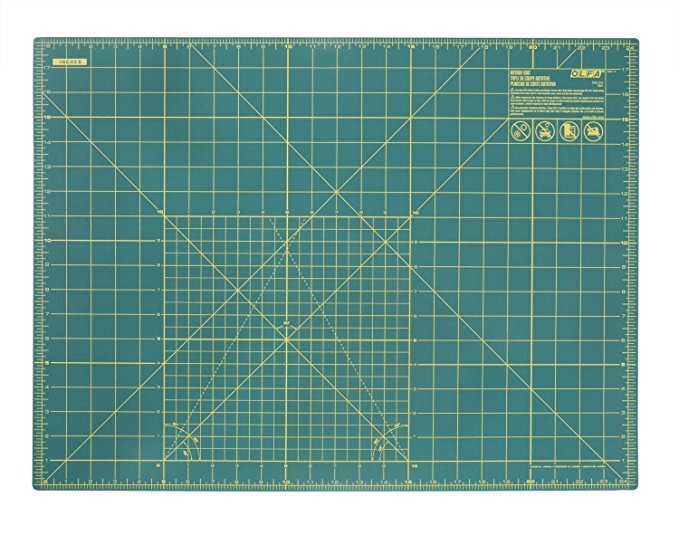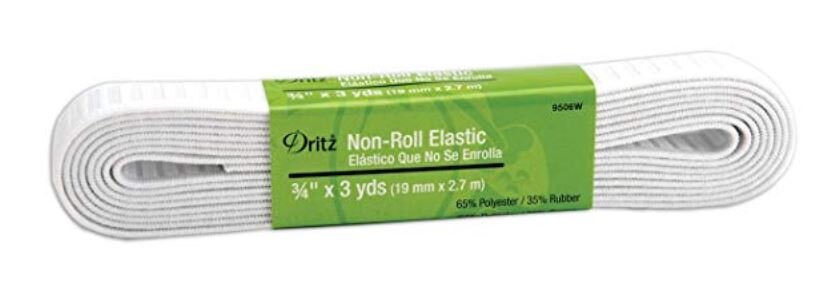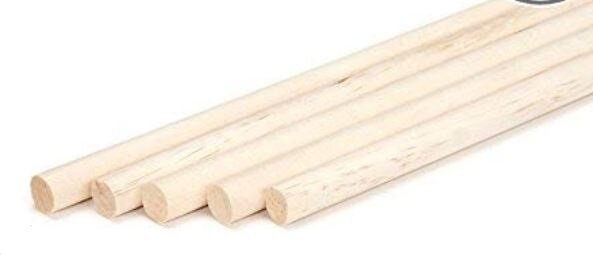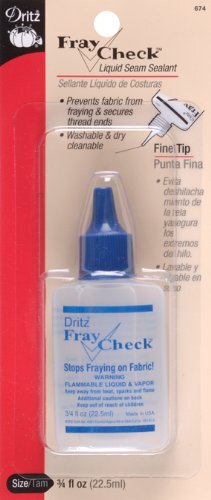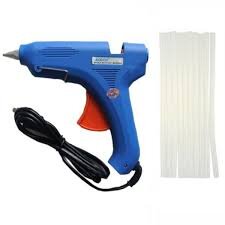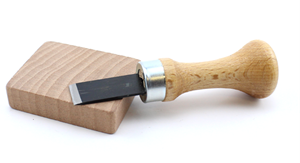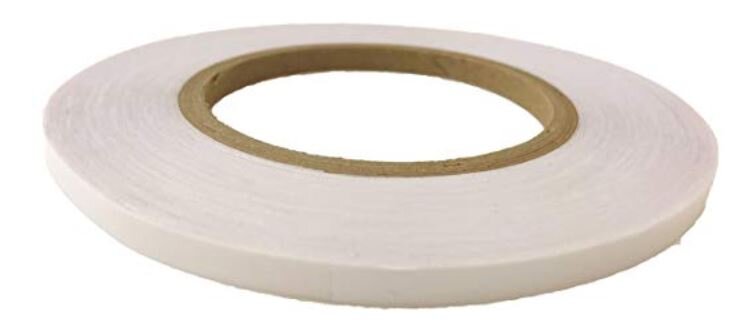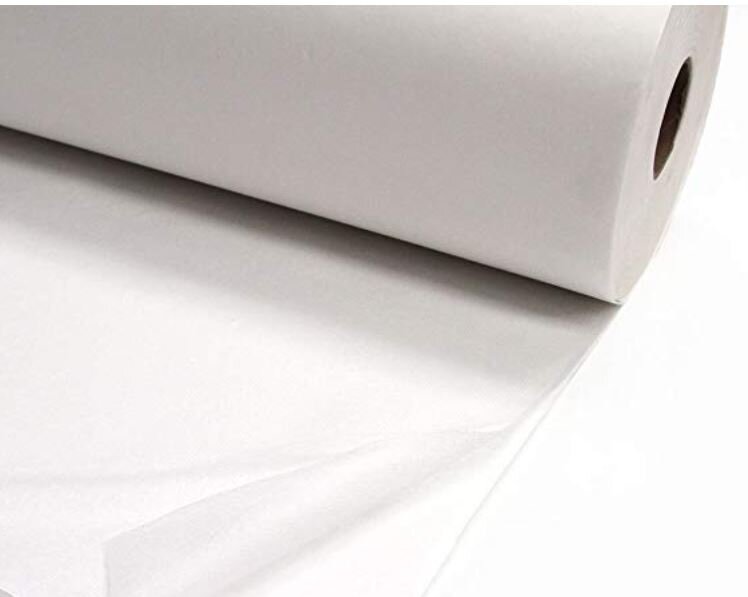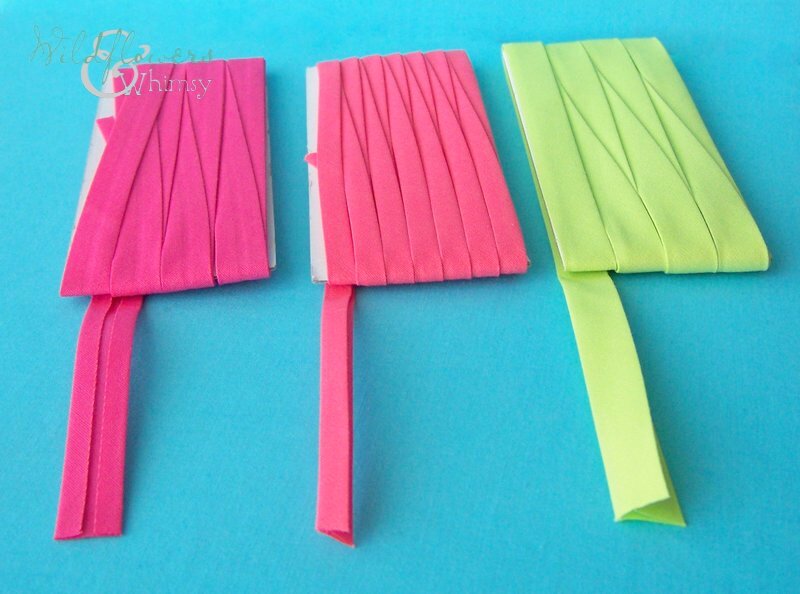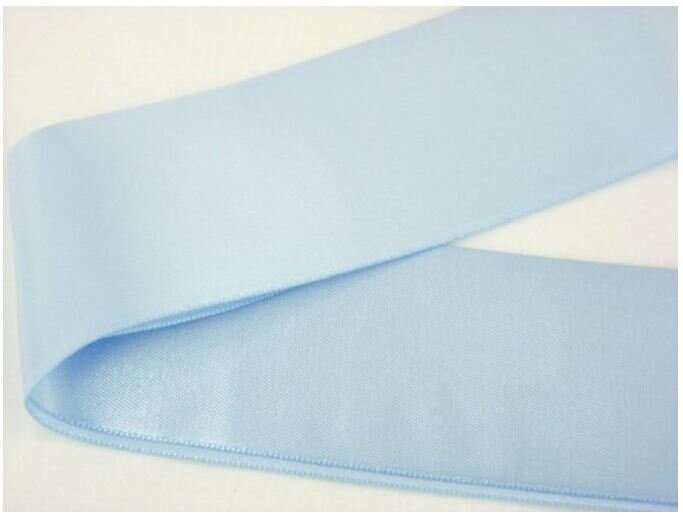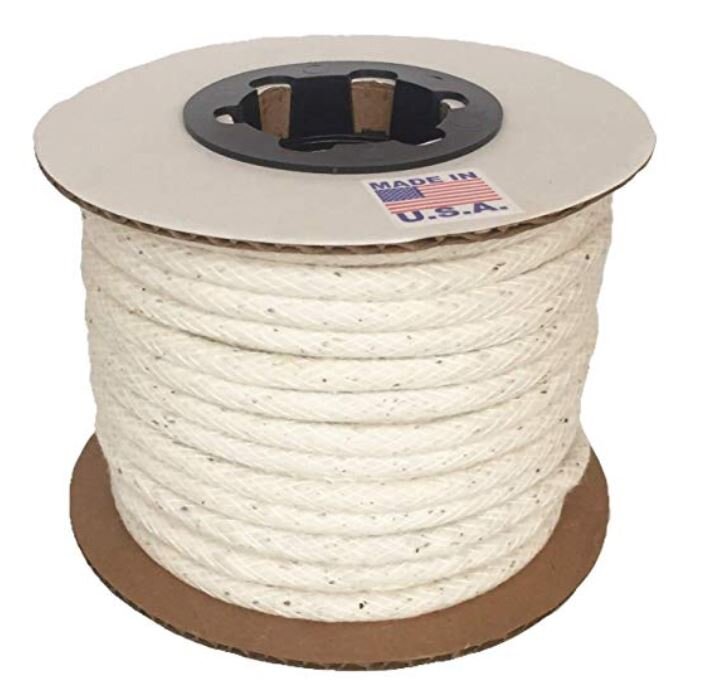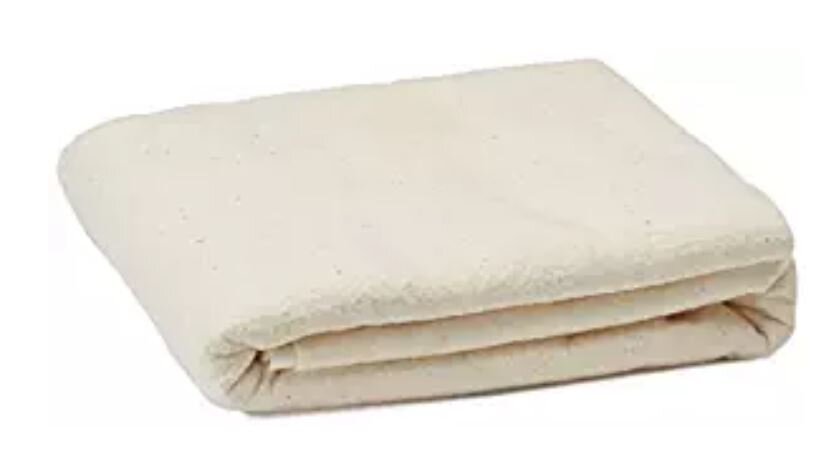Sewing Supplies Defined
Sewing involves many steps: measuring, laying out the pattern, cutting, marking, stitching and pressing. For each of these steps there are special tools and supplies to make your sewing easier and help you complete your projects successfully. Don't feel you need to buy all the items before you start.
The "must-haves" to start creating your new toy are fabric scissors, sewing pins, sewing machine, needles and thread. You can add on as your skills and interests grow.
Hand-Sewing Supplies
Sewing needles
Available in a variety of sizes and styles.
Sharps are all-purpose, medium-length needles designed for general sewing.
Crewels are sharp, large-eyed medium-length needles, designed for embroidery.
Betweens are very short and round-eyed. They are useful for hand quilting and making fine stitches.
Milliner's needles are long with round eyes and are used for making long basting or gathering stitches.
Pins
Available in a variety of sizes and styles.
Straight pins are used for general sewing. Pin with colored balls are easier to see and are less likely to get lost than those with flat heads.
Quilting pins are long. Their extra length makes them ideal for use on bulky fabrics.
Thimble
Protects your finger while sewing. It is worn on whichever finger you used to push the needle through the fabric. Using a thimble is an acquired habit. Some people can't get along without one, while others feel they are a nuisance.
Pincushion
Provides a safe and handy place to store pins. Available in a variety of styles. Some can be worn around the wrist while sewing. Some are magnetic to attract and hold the pins.
Needle threader
Eases threading of hand and machine needles. These are especially useful if you have difficulty seeing something that small.
Measuring & Marking Tools
Transparent ruler
Allows you to see what you are measuring and marking.
Yardstick
Should be made of smooth hardwood or metal.
Tape measure
Has the flexibility helpful for measuring items with shape and dimension.
Seam gauge
A 6" metal or plastic ruler with a sliding marker. It helps make quick, accurate measurements and can be used to measure seam allowance widths.
Marking chalk
Available in several forms: as a powder in a rolling wheel dispenser, as a pencil or as a flat slice. Chalk lines are easily removable from most fabrics.
Fabric marking pens and pencils
Available in both air-erasable or water-erasable forms. Air-erasable marks disappear in 48 hours; water-erasable marks wash off with a sprinkling of water.
Narrow masking tape
An alternative method for marking fabrics when other methods are less suitable.
Cutting Tools
Buy quality cutting tools are use them only for your sewing. Cutting paper or other things will dull the cutting tools. Dull tools are cumbersome to work with and can also damage fabric.
Bent-handled dressmaker's shears
Best for cutting fabric shapes because the angle of the lower blade lets fabric lie flat on the cutting surface.
Sewing scissors
Have a one pointed and one rounded tip for clipping threads and trimming and clipping seam allowances.
Seam ripper
Quickly removes stitches and opens buttonholes. Use it carefully to avoid cutting the fabric.
Rotary cutter
Works like a pizza cutter. Use the rotary cutter with a special plastic mat available in different sizes. The mat protects both the work surface and the blade.
Pinking shears and pinking rotary cutters
Used to finish seams. They cut fabric in a zigzag or scalloped pattern instead of a straight line.
Pressing Tools
Pressing at each stage of the construction is the secret to a perfectly finished project. The general rule is to press each stitched seam before crossing it with another.
Steam/spray iron
Should have a wide temperature range to accommodate all fabrics. An iron that steams and sprays at any setting is helpful for fabrics with synthetic fibers.
Pressing cloth
Helps prevent iron shine and is always used when applying fusibles. The transparent cloth allows you to see if the fabric is smooth and the layers are property aligned.
Teflon coated sole plate guard
Available to fit most irons, eliminates the need for a press cloth.
Other Products
Other gadgets designed to assist you in various steps of the sewing process.
Cutting boards
Protect table finished from scratches and hold fabric more securely while cutting.
Elastics
Available in a variety of widths and styles, either in precut packages or by the yard.
Wooden dowel
Helpful when turning fabric right side out if it's very narrow and hard to turn. An eraser end of a pencil can also be used as a substitute.
Liquid fray preventer
A colorless plastic liquid that prevents fraying by stiffening the fabric slightly. It is helpful when you have clipped too far into a seam allowance or want to reinforce a buttonhole. It may discolor some fabrics, so test before using and apply carefully. The liquid may be removed with rubbing alcohol. It dries to a permanent finish that will withstand laundering and dry cleaning.
Glue stick or hot glue gun
Great for permanently securing facial features or other add-ons to your plush toy.
Buttonhole cutter
A handy tool for making precision cuts down the center of buttonholes. It comes with a wooden block to place under the fabric, to protect your work surface and accept the sharp thin blade of the cutter. Buttonholes can also be cut open with small scissors or a seam ripper but the buttonhole cutter is more accurate and less likely to cut the stitching.
Basting tape
Double faced adhesive tape used instead of pinning or basting. It is especially helpful for matching prints, applying zippers, and positioning trims. Avoid stitching through them because the adhesive may collect on your needle.
Paper backed fusible web
Sold on rolls, in various narrow widths. It is also available as a wide sheet rolled on a bolt for purchase by the yard (meter). It is a time saving product used for adhering two pieces of fabric together
Single fold bias tape
Useful for hemming curved edges.
Blanket binding
Resembles a wide satin ribbon that has been pressed in half for encasing the raw edge around a blanket. Packaged in a convenient length for sewing baby blankets, the binding is available in assorted soft colors and white.
Welting
A fabric-covered cording, sewing into a seam or around an outer edge to provide extra strength and a decorative finished touch. It is available in many colors and various diameters to purchase by the yard or in precut packaged lengths.
Batting
Low-loft cotton, polyester, or poly/cotton blend batting used to add flat thickness.
